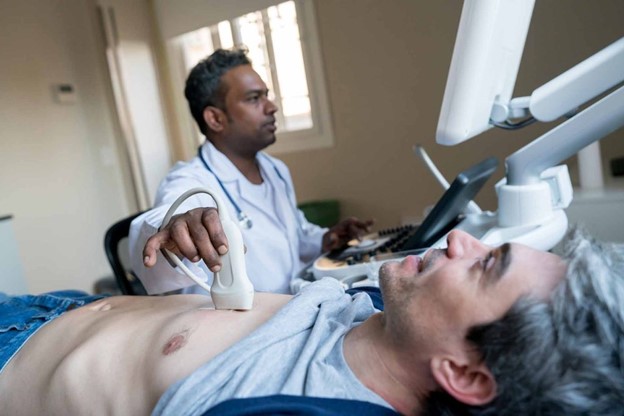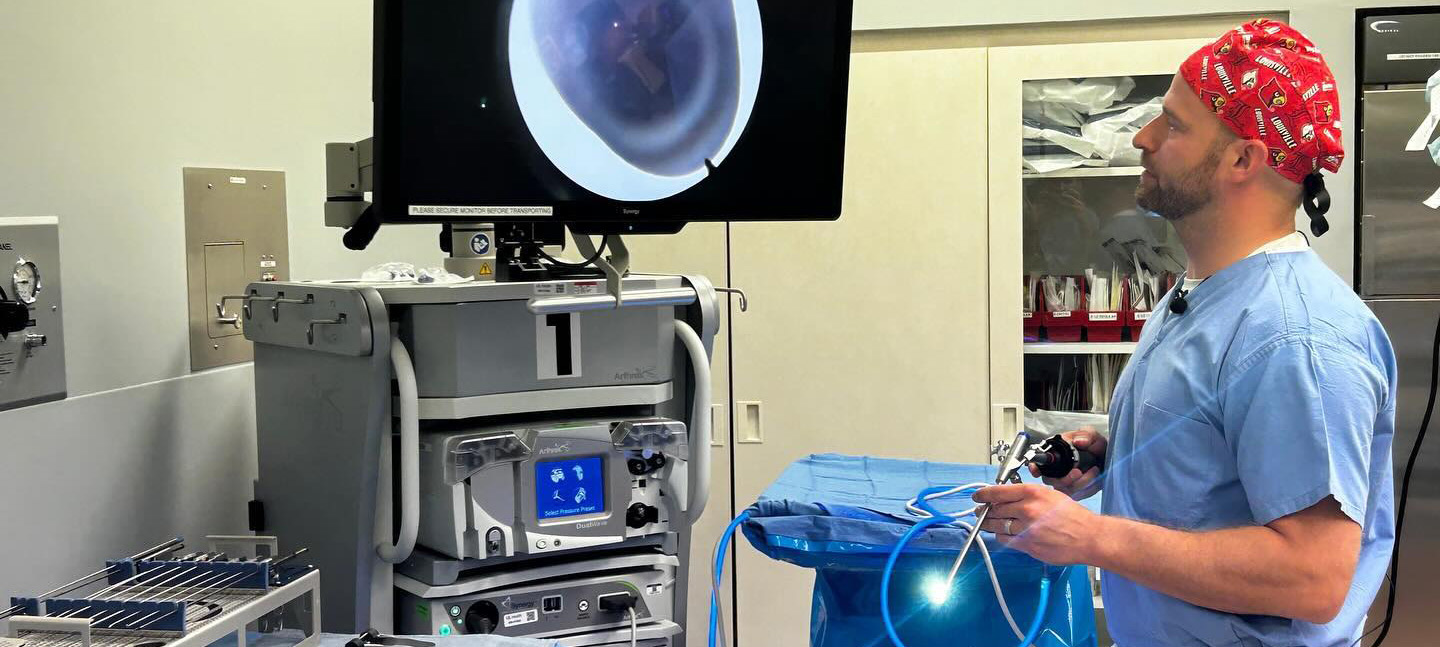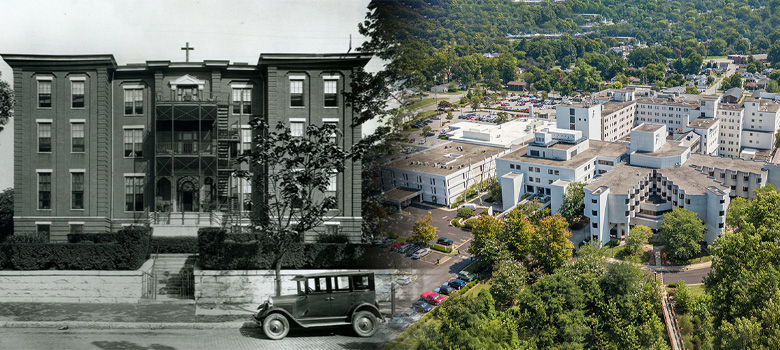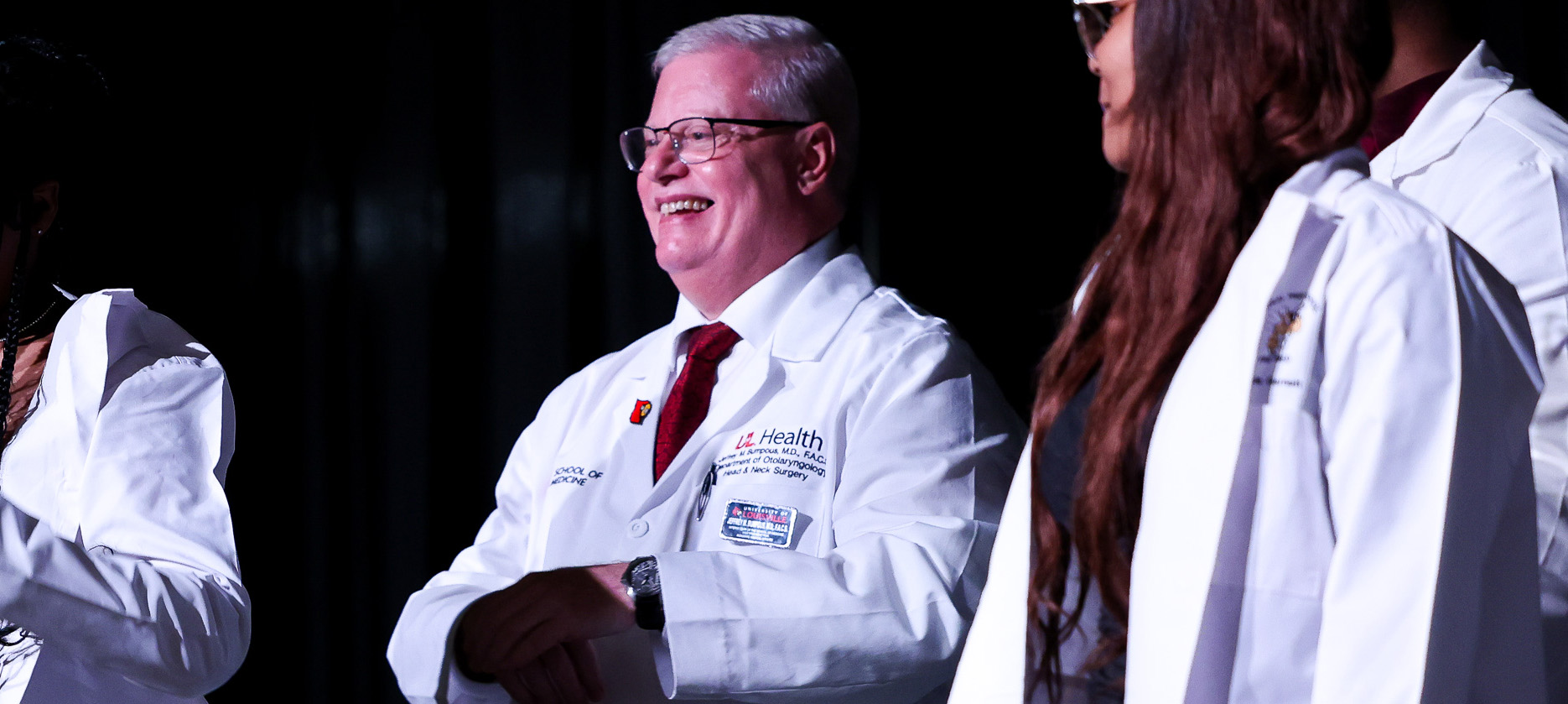Cardiac sarcoidosis is a rare autoimmune disorder due to an overactive immune system, that causes cells to clump together into granulomas that disrupt heart function. Cardiac sarcoidosis can cause issues from arrhythmia to heart failure. The immune response that causes granulomas in your heart can also result in granulomas accumulating in other organs, including the lungs, liver and kidneys.
Doctors are unsure what causes this reaction, but it might be related to inhaling biological contaminants. Risk factors include exposure to certain bacteria and viruses, chemical exposure such as pesticides or fumes and mold exposure.
Cardiac sarcoidosis can mimic other conditions and go undiagnosed for years. It's important to talk with heart doctors (cardiologists) who understand the condition if you have symptoms such as palpitations, chest pain, shortness of breath or a feeling that you're about to pass out.
There is no known cure for sarcoidosis, though the condition can clear up on its own. Treatment can help manage symptoms and improve your quality of life.
Navigating cardiac sarcoidosis
Our multidisciplinary team consists of experts in rheumatology, pulmonary disease and cardiology. Our team specializes in early, accurate diagnosis and providing treatment tailored to each patient's lifestyle.
We use the latest tests and technology to arrive at the correct diagnosis and eliminate other possible causes of your signs and symptoms. In seeking accurate answers, you might undergo:
- Blood tests
- Heart rhythm tests, such as an echocardiogram
- Ultrasound imaging of the heart
- Stress tests
- Angiogram studies
- Biopsy
- PET
- MRI of the heart
Advanced cardiac imaging has enabled doctors to make an early diagnosis of cardiac sarcoidosis, thus improving your chance of successful treatment. The goal is to treat as early as possible before permanent heart damage occurs.
Research to improve diagnosis and treatment
UofL Health is leading the way in developing innovative treatments for many heart disorders, including cardiac sarcoidosis.
Treatment might include one or a combination of these approaches:
- Immune-suppressing medications to reduce the production of granulomas
- A pacemaker or implantable cardiac defibrillator (ICD) to manage or correct heart rhythm
- Ablation, which creates scar tissue to stop parts of the heart muscle from triggering irregular rhythms
- Heart transplant
Being part of an academic medical health system, our cardiologists engage in clinical research and have access to clinical trials. You may have the opportunity to participate in experimental therapies or clinical trials while being treated for this disease. Ask your doctor if you might be eligible for any of the active clinical trials in cardiac sarcoidosis.
Interested in learning more or to schedule an appointment, call 502-587-4000.





